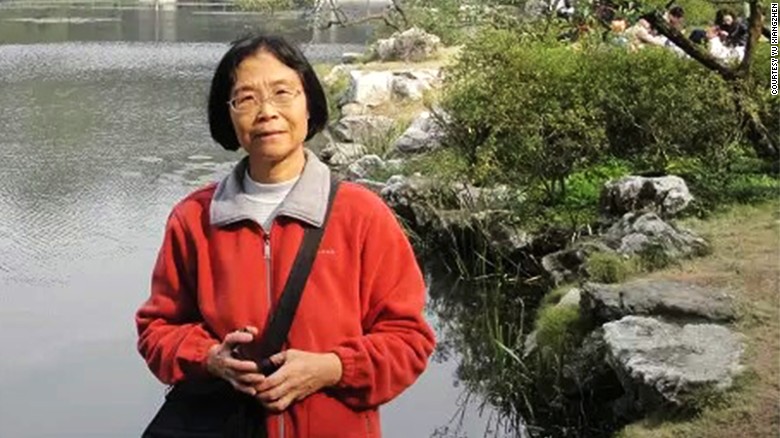Confessions of a Red Guard, 50 years after China’s Cultural Revolution

I have lived a life haunted by guilt.
In 1966, I was one of Chairman Mao Zedong's Red Guards. Myself and millions of other middle and high school students started denouncing our teachers, friends, families and raiding homes and destroying other people's possessions.
Textbooks explain the Cultural Revolution — in which hundreds of thousands of people were killed and millions more abused and traumatized — as a political movement started and led by Mao "by mistake," but in reality it was a massive catastrophe for which we all bear responsibility.
'Closely follow Chairman Маоь
On May 16, 1966, I was practicing calligraphy with my 37 classmates when a high-pitched voice came from the school's loudspeaker, announcing the central government's decision to start what it called a "Cultural Revolution."
It was my first year of junior high, I was just 13.
"Fellow students, we must closely follow Chairman Mao," the speaker bellowed. "Get out of the classroom! Devote yourselves to the Cultural Revolution!"
Two boys rushed out of door, heading to the playground yelling something.
I left more slowly, holding hands with my best friend Haiyun as we followed everyone else outside.
It would be my last normal day of school.
Sent to the cowshed
As Red Guards, we subjected anyone perceived as "bourgeois" or "revisionist" to brutal mental and physical attacks.
I regret most what we did to our homeroom teacher Zhang Jilan.
I was one of the most active students — if not the most revolutionary — when the class held a struggle session against Ms. Zhang.
I pulled accusations out of nowhere, saying she was a heartless and cold woman, which was entirely false.
Others accused her of being a Christian because the character "Ji" in her name could refer to Christianity.
Our groundless criticisms were then written into "big character" posters — a popular way of criticizing "class enemies" and spreading propaganda — 60 of them in total, which covered the exterior walls of our classroom building.
Not long after, she was sent to the cowshed — a makeshift prison for intellectuals and other "bourgeois elements" — and suffered all kinds of humiliation and abuse.
It wasn't until 1990 that I saw her again.
During a class trip to the Great Wall, we made a formal apology to Ms. Zhang — then in her 80s — for what we had subjected her to.
We asked what had happened to her in the cowshed.
"It wasn't too bad," she said. "I was made to crawl like a dog on the ground."
Hearing this, I burst into tears. I was not yet 14, and I had made her life a misery.
She died two years after our apology.
Политика конфиденциальности | Правила пользования сайтом








